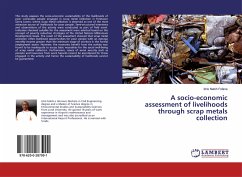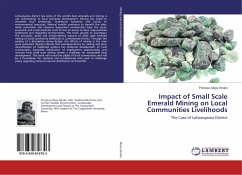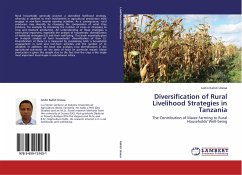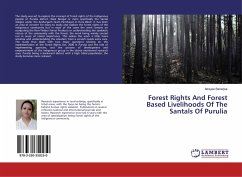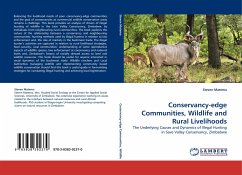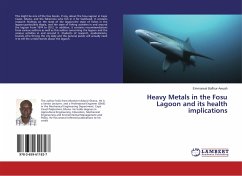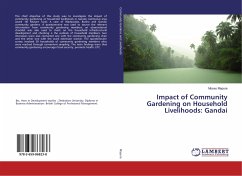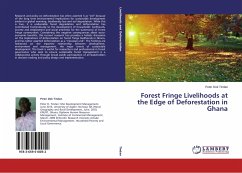This study assesses the socio-economic sustainability of the livelihoods of poor vulnerable people engaged in scrap metal collection in Freetown Sierra Leone, where scrap metal collection is observed as one of the most attractive source of livelihoods for poor people. Semi-structured interviews and observations of the activity were conducted as part of field work. Indicators deemed suitable for the assessment were selected based on the concept of poverty reduction strategies of the United Nations Millennium Development Goals. The result of the assessment showed that scrap metal collection offers livelihood opportunities for poor people with an average monthly income greater than the minimum wage of workers in the formal employment sector. However, the economic benefit from the activity was found to be inadequate to access basic necessities for the social well-being of scrap metal collectors. Furthermore, issues of social security such as pension and insurance from work hazards cannot be ascertained for those engaged in the activity and hence the sustainability of livelihoods cannot be guaranteed.
Bitte wählen Sie Ihr Anliegen aus.
Rechnungen
Retourenschein anfordern
Bestellstatus
Storno

